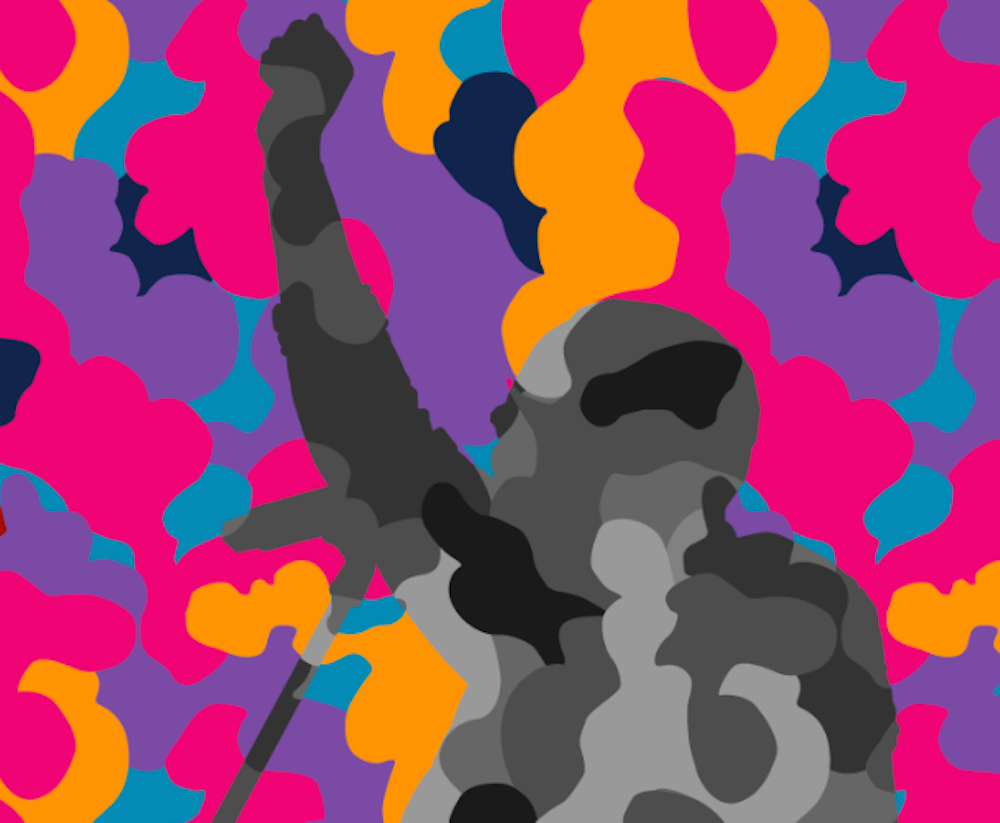
There are many ways to make the public aware of something important through art, and now there’s an innovative new multi-media project, Contextual Camouflage (or ConCamo), that recently launched in Pittsburgh.
Contextual Camouflage is the brainchild of Jason McKoy, a graphic artist and creative consultant. He created the multimedia art installation through his own company, McKoy Creative.
In a press release, McKoy described ConCamo as “an interactive art installation that disseminates information and combats the stigma surrounding mental and behavioral health.”
Visitors to the ConCamo installation can anonymously input personal mental health experiences through a ConCamo web app, which then creates what McKoy calls “a living narrative… it captures information directly from communities and paints a picture of how mental health disorders permeate their community in a way that is visual, understandable, and relatable.”
As McKoy explains, “These pop-ups increase awareness while combating stigma usually associated with mental and behavioral health disorders, and connect communities to resources they may not otherwise have access to.”
ConCamo also points users toward mental health resources they may not have been aware of otherwise.
The goal of Contextual Camouflage is to “show that anyone, anywhere around you could be living with a mental disorder and you wouldn’t even know it, while also showing those that live with mental disorders that they are not alone.”
McKoy told Next Pittsburgh that one of the reasons he created this project is because the usual research on mental health is, in his view, “presented in boring 30-page documents that don’t really reach the people that they’re trying to help. There is this barrier between the layman, and research and resources.”
McKoy hopes this project will help reduce the stigma people have about mental health issues.
“There have been a lot of people talking about how no one believes what they’re going through is ‘real’ or that no one believes they are sick, since it’s not a physical ailment you can see,” he says. “[With Camouflage] people are actually congregating and talking about mental health even if they don’t ping in or share a story, which is cool because it’s all about breaking down those walls.”
